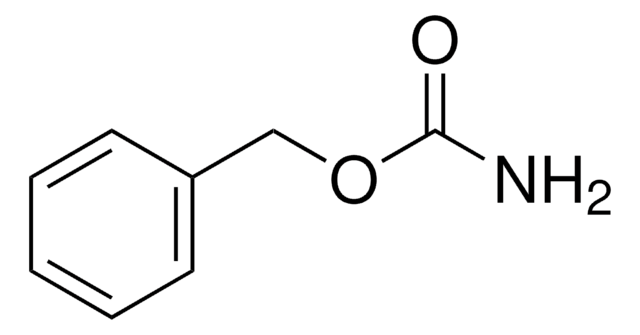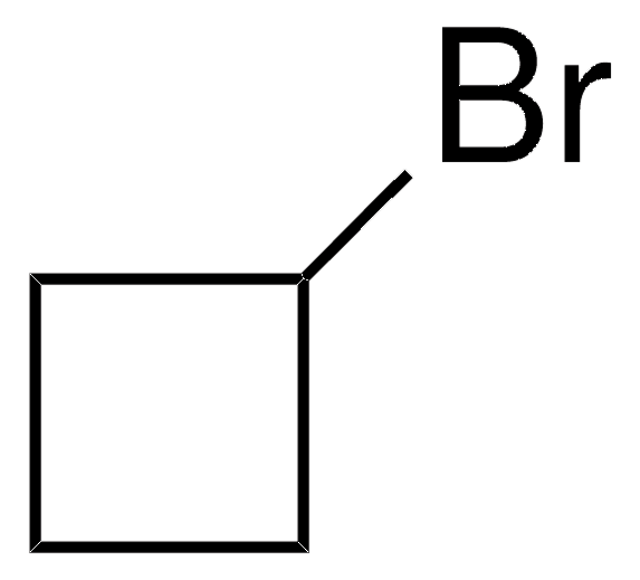10906
Chloroacetaldehyde dimethyl acetal
produced by Wacker Chemie AG, Burghausen, Germany, ≥99.0% (GC)
Synonym(s):
CADMA, 2-Chloro-1,1-dimethoxyethane, Dimethyl chloroacetal
About This Item
Recommended Products
grade
produced by Wacker Chemie AG, Burghausen, Germany
Quality Level
Assay
≥99.0% (GC)
refractive index
n20/D 1.415 (lit.)
bp
128-130 °C (lit.)
density
1.094 g/mL at 25 °C (lit.)
SMILES string
COC(CCl)OC
InChI
1S/C4H9ClO2/c1-6-4(3-5)7-2/h4H,3H2,1-2H3
InChI key
CRZJPEIBPQWDGJ-UHFFFAOYSA-N
Looking for similar products? Visit Product Comparison Guide
Related Categories
General description
Application
- 2-(chloromethyl)-4,7-dethyl-1,3-dioxepane
- 2-(chloromethyl)-5,6-benzo-1,3-dioxepane
- ketene dimethyl acetal
Other Notes
Signal Word
Warning
Hazard Statements
Precautionary Statements
Hazard Classifications
Acute Tox. 4 Oral - Aquatic Chronic 3 - Flam. Liq. 3
Storage Class Code
3 - Flammable liquids
WGK
WGK 2
Flash Point(F)
84.2 °F - closed cup
Flash Point(C)
29 °C - closed cup
Personal Protective Equipment
Certificates of Analysis (COA)
Search for Certificates of Analysis (COA) by entering the products Lot/Batch Number. Lot and Batch Numbers can be found on a product’s label following the words ‘Lot’ or ‘Batch’.
Already Own This Product?
Find documentation for the products that you have recently purchased in the Document Library.
Our team of scientists has experience in all areas of research including Life Science, Material Science, Chemical Synthesis, Chromatography, Analytical and many others.
Contact Technical Service










